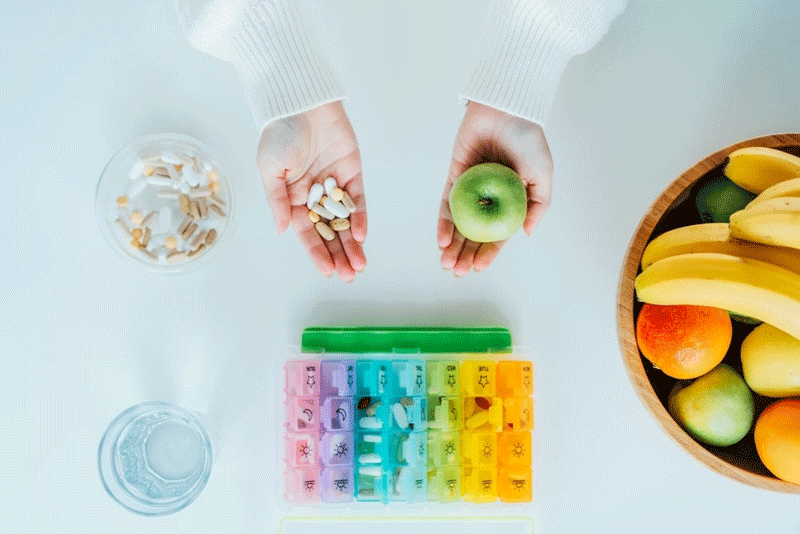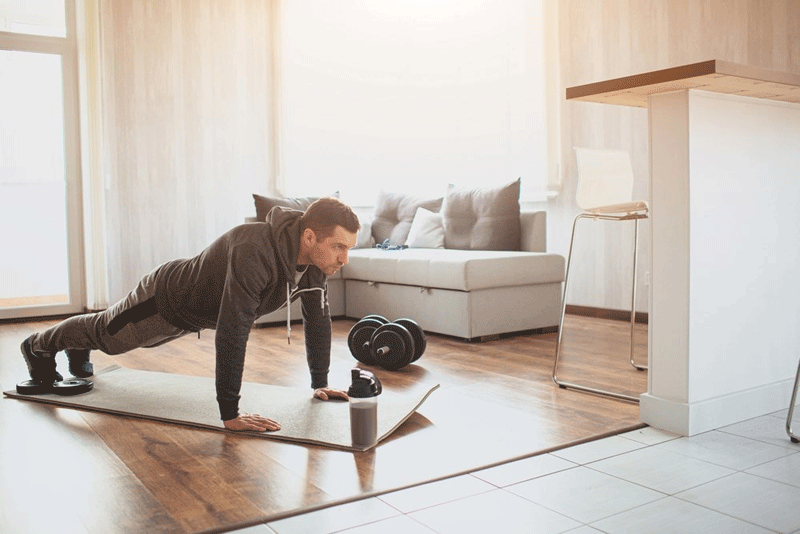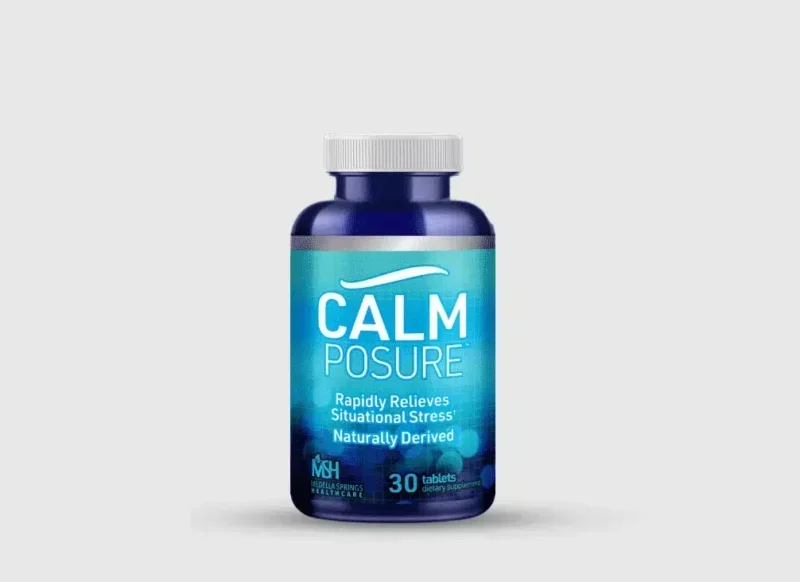Anxiety after eating is a common but sometimes overlooked phenomenon that affects many people. It can be a confusing and distressing experience to feel anxious after a meal, especially when eating is supposed to be a pleasurable and nourishing activity. Various factors, including physical, psychological, and environmental factors, can contribute to this condition.
Symptoms range from mild to severe and may include panic, rapid heartbeat, sweating, and gastrointestinal discomfort. Fortunately, there are ways to manage anxiety after eating, including dietary changes, relaxation techniques, and seeking professional help. This blog aims to comprehensively understand this condition, including its causes, symptoms, and effective management strategies.
What Is Anxiety After Eating?
Anxiety after eating, often known as postprandial anxiety, refers to feelings of unease, nervousness, or discomfort that occur after meals. Unlike general anxiety, this type is specifically linked to eating and digestion.
Potential Causes Of Anxiety After Eating
- Physiological Factors: The body undergoes various physiological changes during digestion. An increase in heart rate and blood flow to the digestive tract can sometimes be misconstrued by the body as a stress response, leading to anxiety, which further leads to left arm pain anxiety.
- Blood Sugar Fluctuations: Foods high in sugar and refined carbs can cause rapid spikes and drops in blood sugar levels, which may trigger anxiety symptoms.
- Food Sensitivities: Certain individuals may have sensitivities or allergies to specific foods. Consuming these can trigger an immune response, leading to feelings of anxiety.
- Gastrointestinal Disorders: Conditions like Irritable Bowel Syndrome (IBS) or Gastroesophageal Reflux Disease (GERD) can cause discomfort and anxiety after eating.
- Psychological Factors: For some, the act of eating may be associated with stress or negative emotions, perhaps due to past experiences or eating disorders.
Symptoms Of Anxiety After Eating
- Nervousness or restlessness post-meals
- Increased heart rate or palpitations
- Feeling dizzy or lightheaded
- Stomach discomfort or pain
- Anxiety, shortness of breath
- Sweating or hot flashes
Managing Anxiety After Eating
Coping with feelings of anxiety following a meal can be challenging. It is important to remember that anxiety after eating is a common experience for many people. Several strategies can help manage these feelings.
Mindful Eating

Incorporating mindfulness into our eating habits can be an effective way to manage anxiety. By eating slowly, chewing our food thoroughly, and focusing on the present moment, we can increase our awareness and appreciation of our food. Mindful eating can also help us recognize fullness and avoid overeating, leading to improved physical health and a better relationship with food.
Dietary Adjustments

A balanced diet incorporating probiotic-rich foods that contain proteins, fats, and carbohydrates can help stabilize blood sugar levels. It is recommended to avoid foods that are known to cause anxiety symptoms, such as caffeine or high-sugar items. Adequate hydration can aid digestion and overall body functioning, so it is important to ensure you drink enough water throughout the day.
Regular Exercise

Physical activity is a well-known method for reducing stress levels and can play a key role in regulating the body’s response to stressors.
Lifestyle Modifications

Making a few changes to your lifestyle can significantly impact your overall well-being. This includes small adjustments such as:
- Eating smaller, more frequent meals to avoid overwhelming the digestive system and use probiotics for a healthy gut.
- Avoiding alcohol and smoking, which can aggravate anxiety and digestion issues.
- Getting adequate sleep, as sleep disturbances can exacerbate anxiety.
Yoga Or Meditation

If you’re looking for ways to manage anxiety, you might want to consider trying out some relaxation techniques like yoga, meditation for anxiety, or deep breathing exercises. These practices effectively calm the mind, reduce stress, and promote well-being. By practicing these techniques in your daily routine, you may be able to find relief from symptoms of anxiety and improve your overall mental health.
When To See A Doctor?
It’s essential to consult with a doctor if:
- Anxiety after eating is persistent or worsening.
- You experience significant physical discomfort or pain.
- Anxiety interferes with your daily life.
Conclusion
Anxiety after eating can be a challenging condition, but understanding its causes and implementing lifestyle and dietary changes can significantly alleviate symptoms. Remember, it’s important to approach this condition holistically, considering both physical and psychological aspects. If you’re struggling, don’t hesitate to seek professional help. With the right approach, it’s possible to enjoy meals without the shadow of anxiety.
Frequently Asked Questions
Can Anxiety After Eating Lead To More Serious Health Issues?
While anxiety after eating itself is not typically dangerous, it can lead to more serious health issues if it causes poor eating habits, nutritional deficiencies, or exacerbates existing mental health conditions.
Is Anxiety After Eating Common In Individuals With Eating Disorders?
Yes, individuals with eating disorders may experience heightened anxiety after eating, often related to fears around body image, calories, or the act of eating itself.
Why Do I Get Anxiety After I Eat?
Experiencing anxiety after eating can be attributed to various factors. One common cause is the fluctuation in blood sugar levels, specifically hypoglycemia, which can happen post-meal. This drop in blood sugar leads to insulin production and, subsequently, an increase in epinephrine (adrenaline), a hormone linked to anxiety symptoms. Additionally, for individuals suffering from social anxiety, the act of eating in the presence of others can trigger feelings of stress due to their underlying condition.

